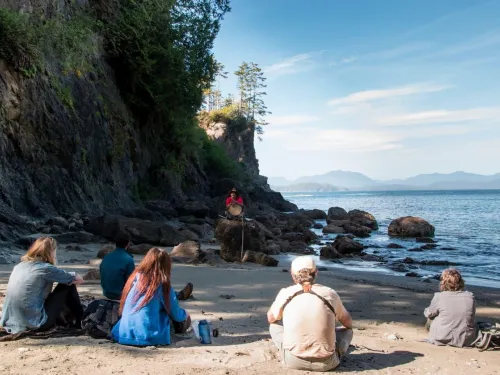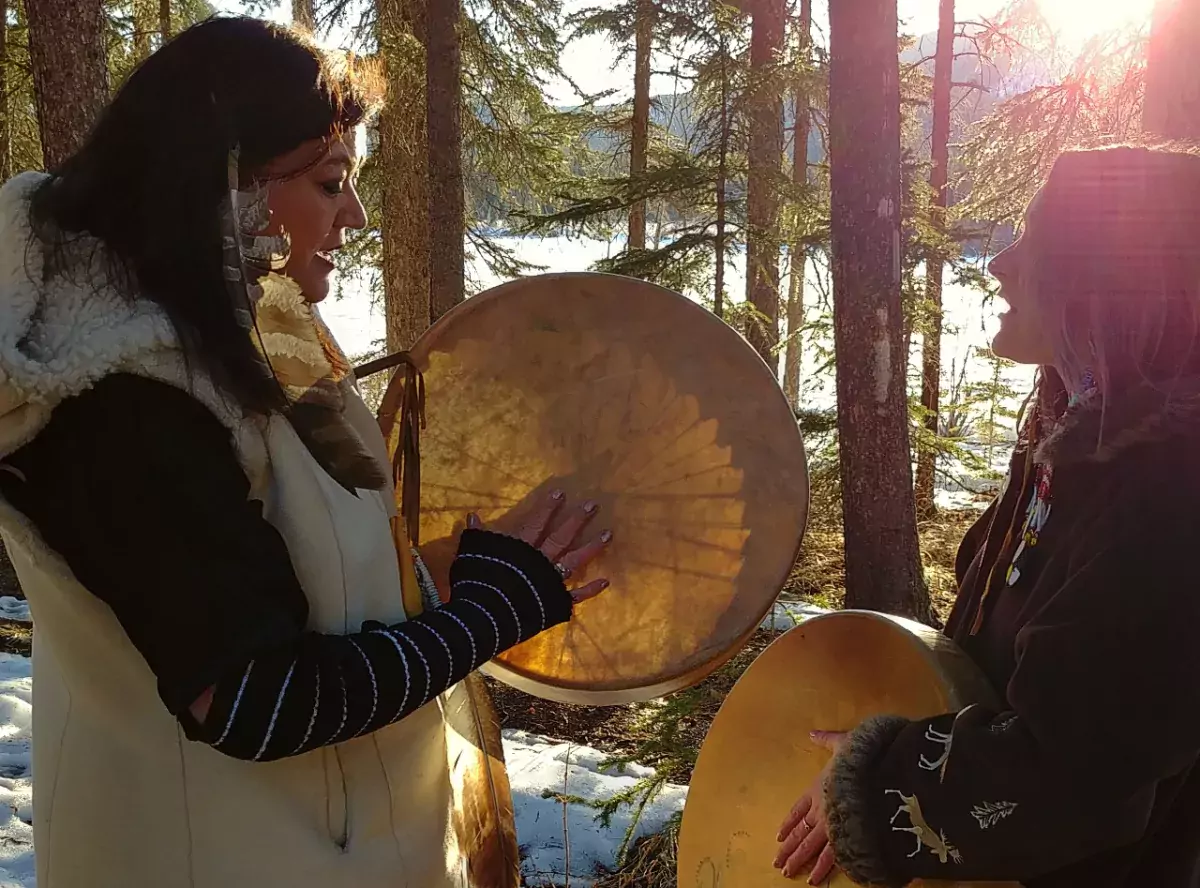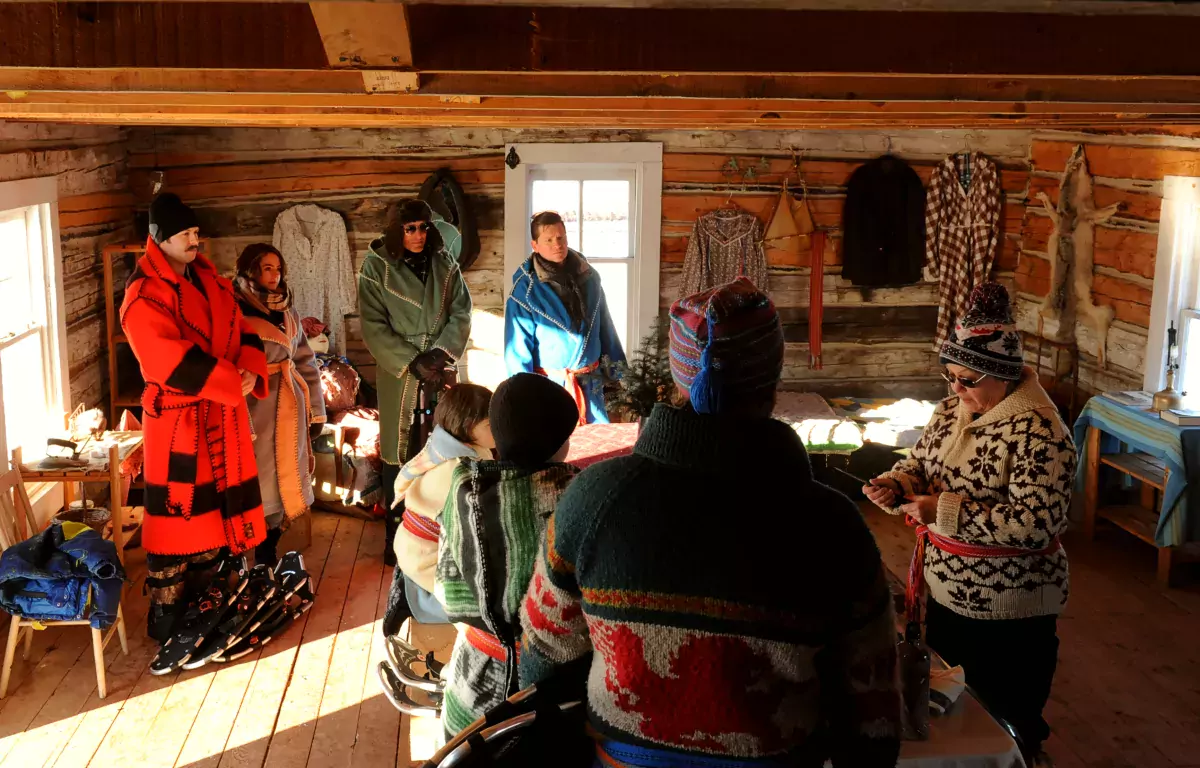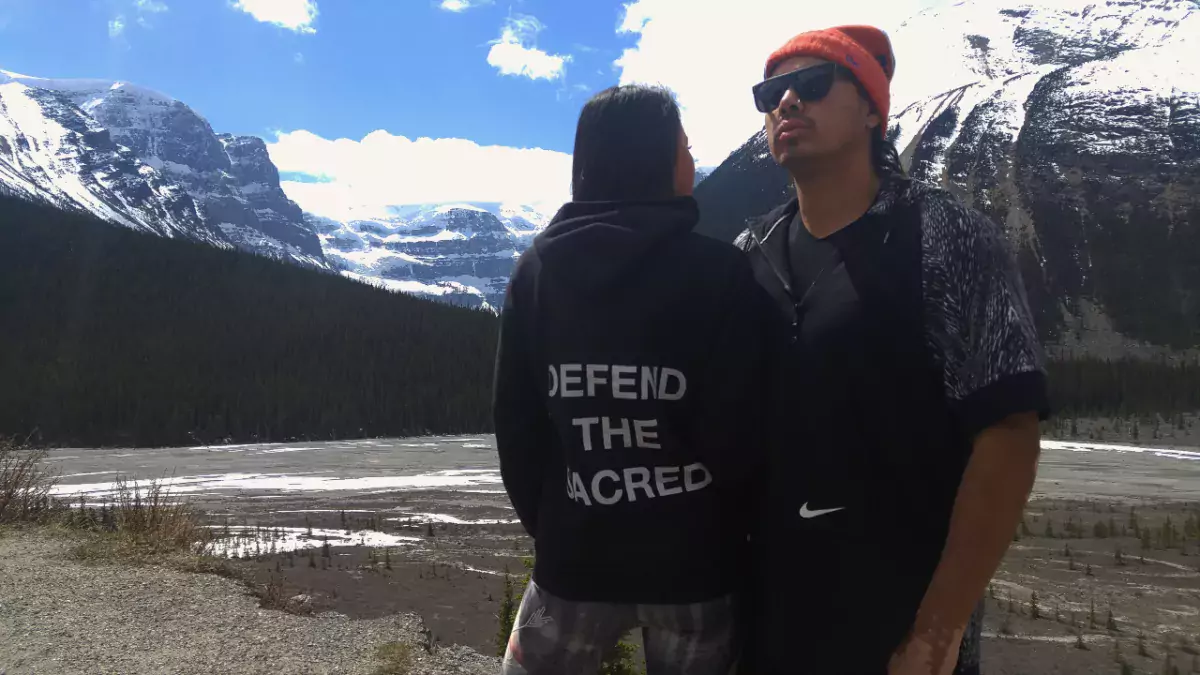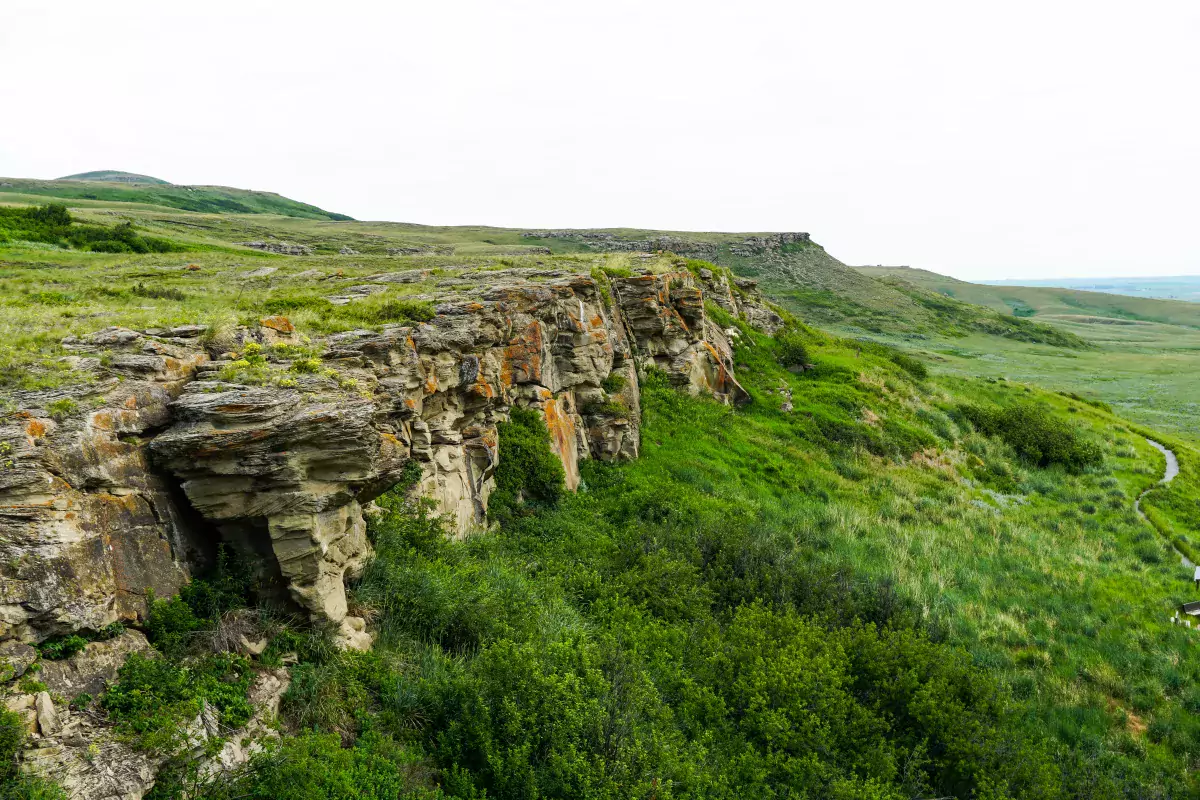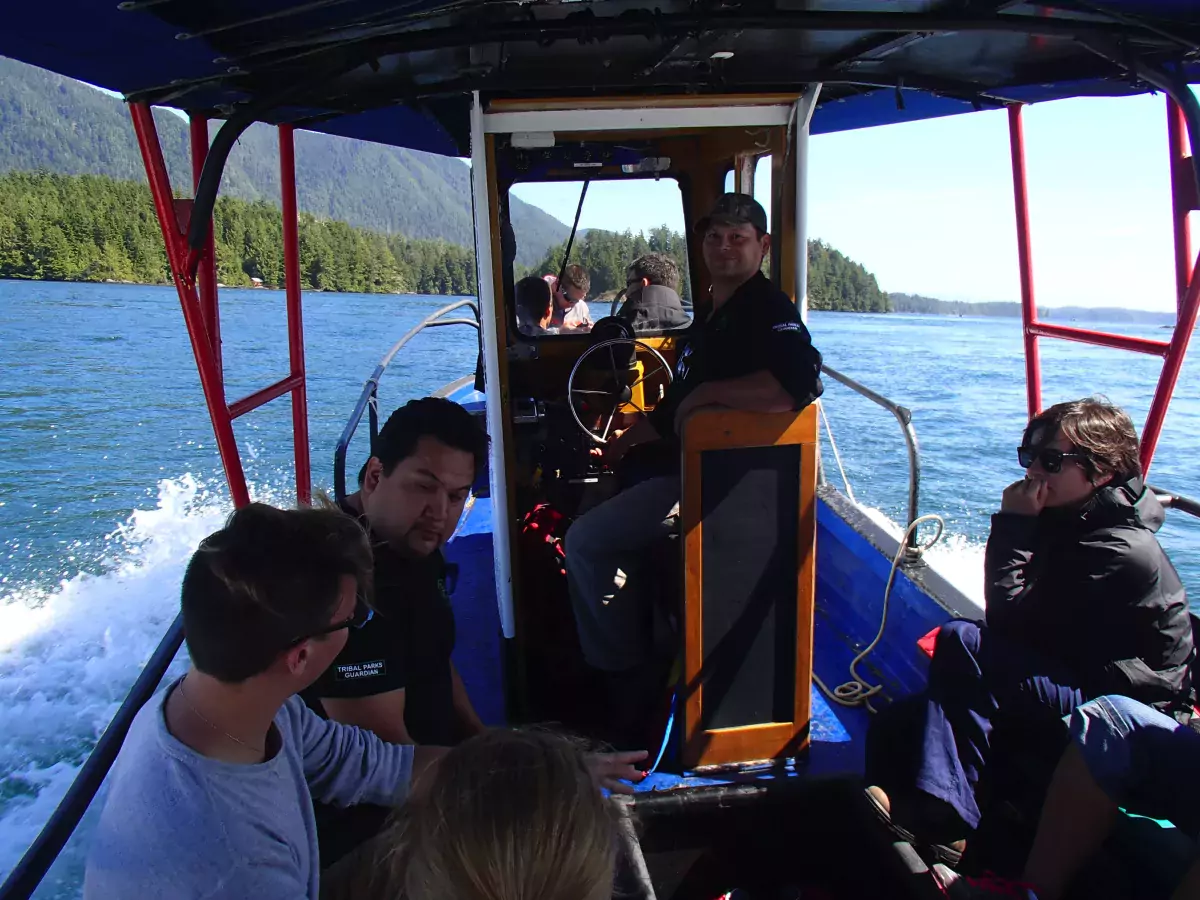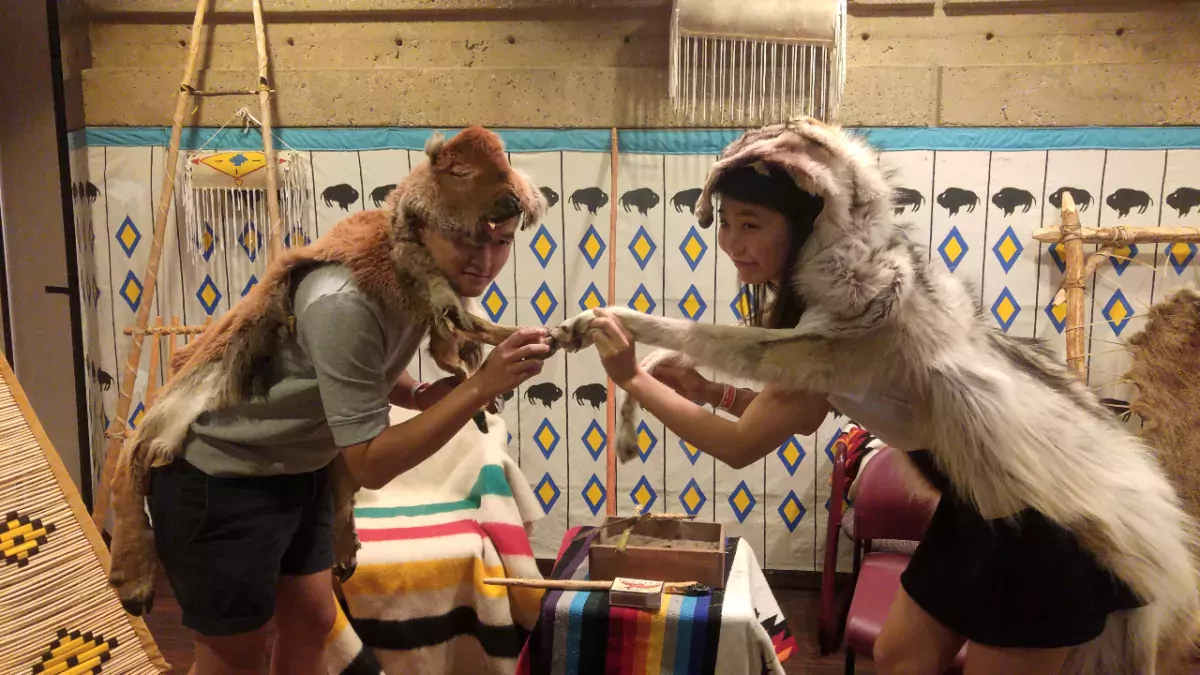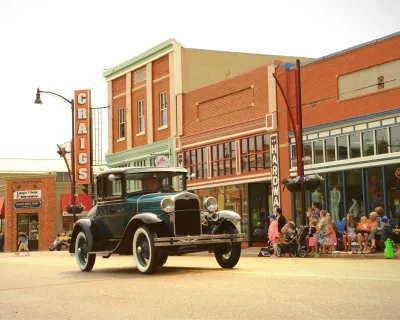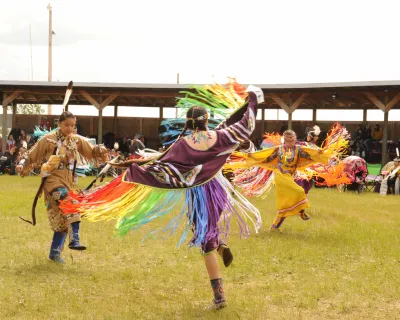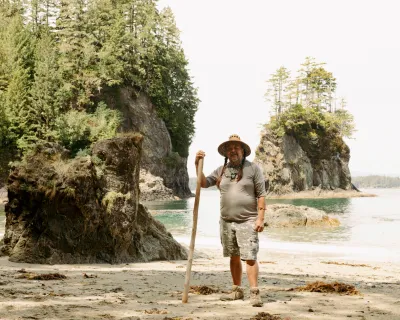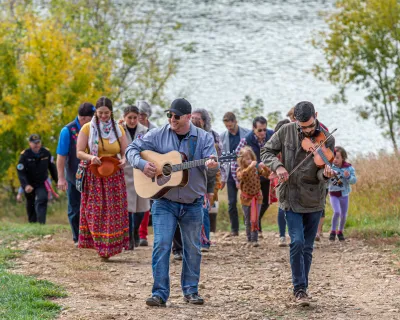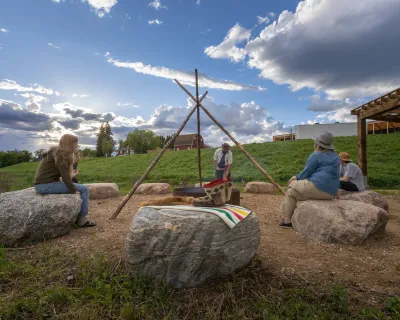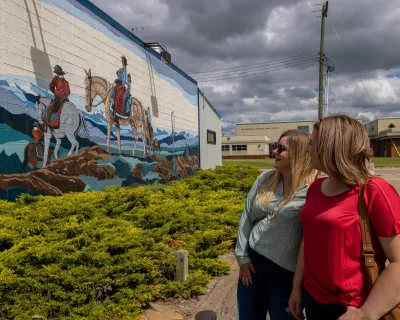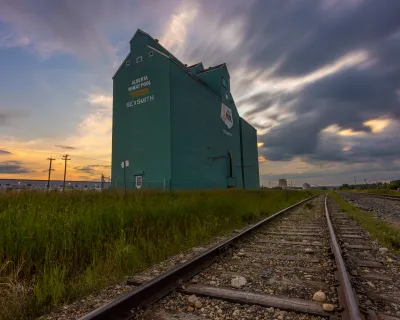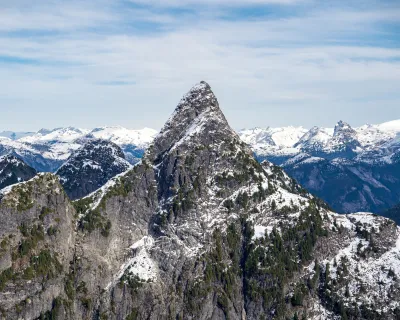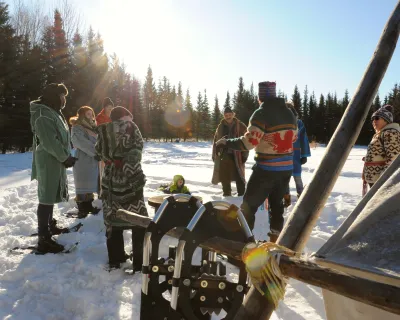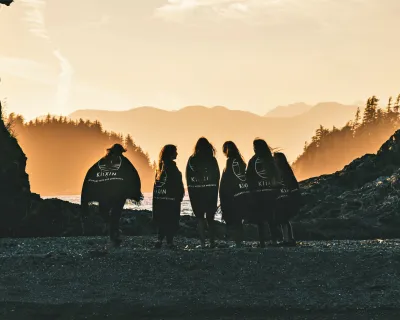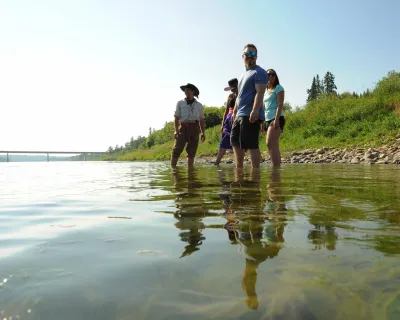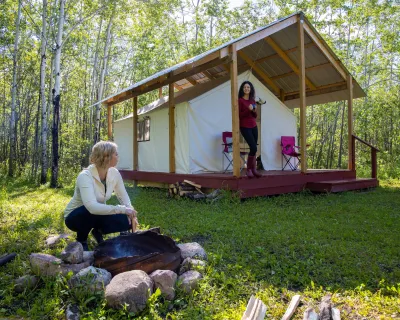Allies in Exploration
How can we act as good allies when we travel and explore in Western Canada?
Jeremy Derksen
As summer days lengthen and provincial travel restrictions ease, there is more to consider than just physical health and wellness. When it comes to travel there is also a question of conscience.
How can we be good allies to Black, Indigenous, People of Colour (BIPOC) and other minority groups in our travel and recreational choices? The good news is that at the same time as the pandemic shrinks our range it also opens the possibility of travelling in a more conscientious, respectful way.
Travel and social change go hand-in-hand
“Travel is a great economic driver but I don’t think people realize how much of a social change it can truly make,” says Mackenzie Brown, project manager at Indigenous Tourism Alberta.
Brown hails from Sturgeon Lake Cree Nation. For many years she has performed as one half of the Indigenous drumming and singing duo Warrior Women, along with her mother.
“It can be as simple as taking in an experience from an (Indigenous) community, or supporting different businesses when you travel.”
Let go of assumptions
When you show up, Ravi Thaker advises, try your best not to carry assumptions into the experience. “I get a lot of people talking to me on the phone because I own a rafting company, they hear me and then when they see me, it’s different. That hurts.”
Thaker, who operates The Paddle Station in Calgary, is of South Asian descent but grew up in apartheid-era Africa with a father who was a freedom fighter in Mozambique and Zimbabwe. He has felt injustice and hate firsthand. As a result, he’s also learned some of the tools and attitudes that help to combat racism or prejudice.
“Be angry, but also have a plan,” he says. “People trashed our Pride flags at The Paddle Station last year, and I wanted to be all angry, but you know what I did? I went out and got 100 more Pride flags.”
For Thaker, being an ally means more than just speaking out. It means working towards change -- starting in your own neighbourhood. “When you are participating in your community, that means engagement. It means taking time out of your day to find out about another human being. When you do that, you will start to have a better idea of how to help.”
Tourism experiences are a safe place to ask uncomfortable questions
Taking that first step to learn by engaging in an experience hosted by a BIPOC or minority community is an important one. But for many allies, broaching sensitive issues with a person of a different racial or cultural background can be unnerving. We might worry about unintentionally giving offence by the way we phrase a comment, or ask a question.
“[This] is a safe place to ask difficult questions,” says Juanita Marois, executive director at Métis Crossing in Smoky Lake, Alberta. “Some questions you can’t just ask on the street, you need a safe place to do that and tourism provides that.”
Indigenous and minority travel and cultural offerings exist in large part to spread awareness and encourage dialogue, she explains. Such offerings are also a venue for Indigenous people to learn more about their own history, she adds. “It’s a great way for us to connect with our culture and share it with pride.”
“Just come with an honest, open heart and open mind to learn,” she encourages.
Like Thaker, Marois cautions against making assumptions. “Some people come with tobacco offerings, but not all Métis elders want tobacco because we come from a blending of heritages. If you just ask the question, we will answer it.”
Another thing to keep in mind is that, just as each immigrant community or black community across Canada, North America and the world is distinct and unique, so too are Indigenous communities. “Because you’ve talked to a Blackfoot person and know their protocol does not mean you know Cree protocol or Métis,” Marois says. “Being open to that diversity is important as well.”
With knowledge, comes responsibility
Engaging with our minority communities, asking questions and avoiding assumptions are all good ways to become a better-informed ally. Armed with knowledge, however, there is a moral responsibility to act.
Taking the step from knowledge to action isn’t always easy, and is often fraught with those same worries about making mistakes or overstepping. Or the feelings of helplessness that come from doomscrolling.
“For quite some time I struggled to find a voice,” says Julian Grant, a non-Indigenous person who works with the Tla-O-Qui-Aht Tribal Parks Alliance on Vancouver Island. “It was difficult being aware that I didn’t grow up with that experience. Finally, I realized that’s not the voice I’m expected to raise.”
Talking with Grant, it is very clear that he recognizes the immense debt Canadians owe to Indigenous people, and that is how he raises his voice. “The conditions, the ecological integrity of the region upon which tourism depends, exist because of the many generations of careful stewardship by the First Nations.”
Find a deeper connection to nature
Environment adds another layer to moral responsibility. Respecting nature and doing your part to protect it wherever you travel is just good citizenship, but it is also part of allyship, says Mackenzie Brown with Indigenous Tourism Alberta. “Being a good ally also means taking care of the land. Many Indigenous people across the world are land-based people.”
Contextualizing our environmental responsibility as social responsibility immerses us in both a local perspective and a global worldview at the same time, It reminds us that every action has an impact and we are all in this together.
“We all stand to gain so much by having our ideas of nature and people challenged, and made a little more complicated,” says Grant. “There are so many problems in the world right now and humans are responsible for so much of it, it’s difficult not to think of our species as a parasite.”
But there is hope.
Terry Dorward (top left) has been working to build the Tribal Parks Alliance; conversation efforts resulting in one of the world’s most preserved biospheres. The Tla-o-qui-aht describe the area as a sacred ancient gardens, you may know it as the region in and around Tofino BC.
Leave apathy behind as you transform
“Learning from and connecting with these communities can help us overcome this crippling apathy so many of us feel, to not give up on our moral responsibility to leave the world a little better than we found it," says Grant.
In this sense, travel and cultural exploration is just a platform to connect us, to help us transcend our individual perspectives and remember that greater sense of belonging -- this is at the heart of our desire to travel.
“People want to transform themselves,” says Marois, “to fundamentally grow through their travel experiences, and these experiences are an amazing way to do that… to change our world view.”
There’s never been a better time to embrace that change.
Travel and experience resources
Check your provincial government advisories and local indigenous communities for travel restrictions, safe travel and health safety measures before you travel:
Alberta
Travel advisory: https://www.alberta.ca/covid-19-travel-advice.aspx
General info: https://www.alberta.ca/coronavirus-info-for-albertans.aspx
British Columbia
Travel advisory: http://www.bccdc.ca/health-info/diseases-conditions/covid-19/prevention-risks/travel
General info: http://www.bccdc.ca/health-info/diseases-conditions/covid-19
Some travel & Cultural experiences in BC
Some travel & Cultural experiences in Alberta
Here's one more way to support BIPOC/Minority communities in Western Canada: Spirit North.
Share how you find yourself transforming with BIPOC travel and cultural experiences with @ZenSeekers #ZenSeekers on Facebook, Twitter, and Instagram.
Like Our Facebook Page
